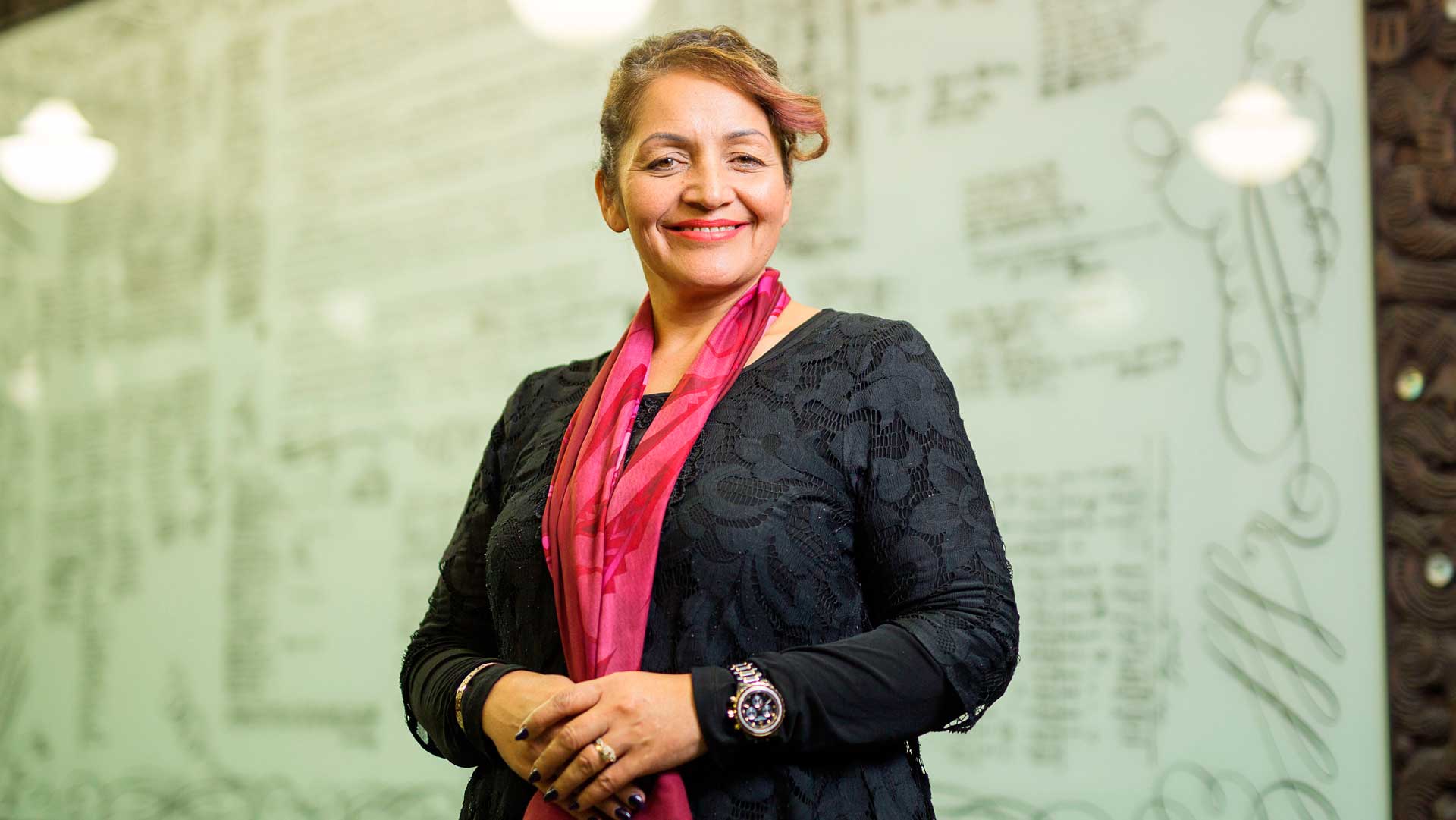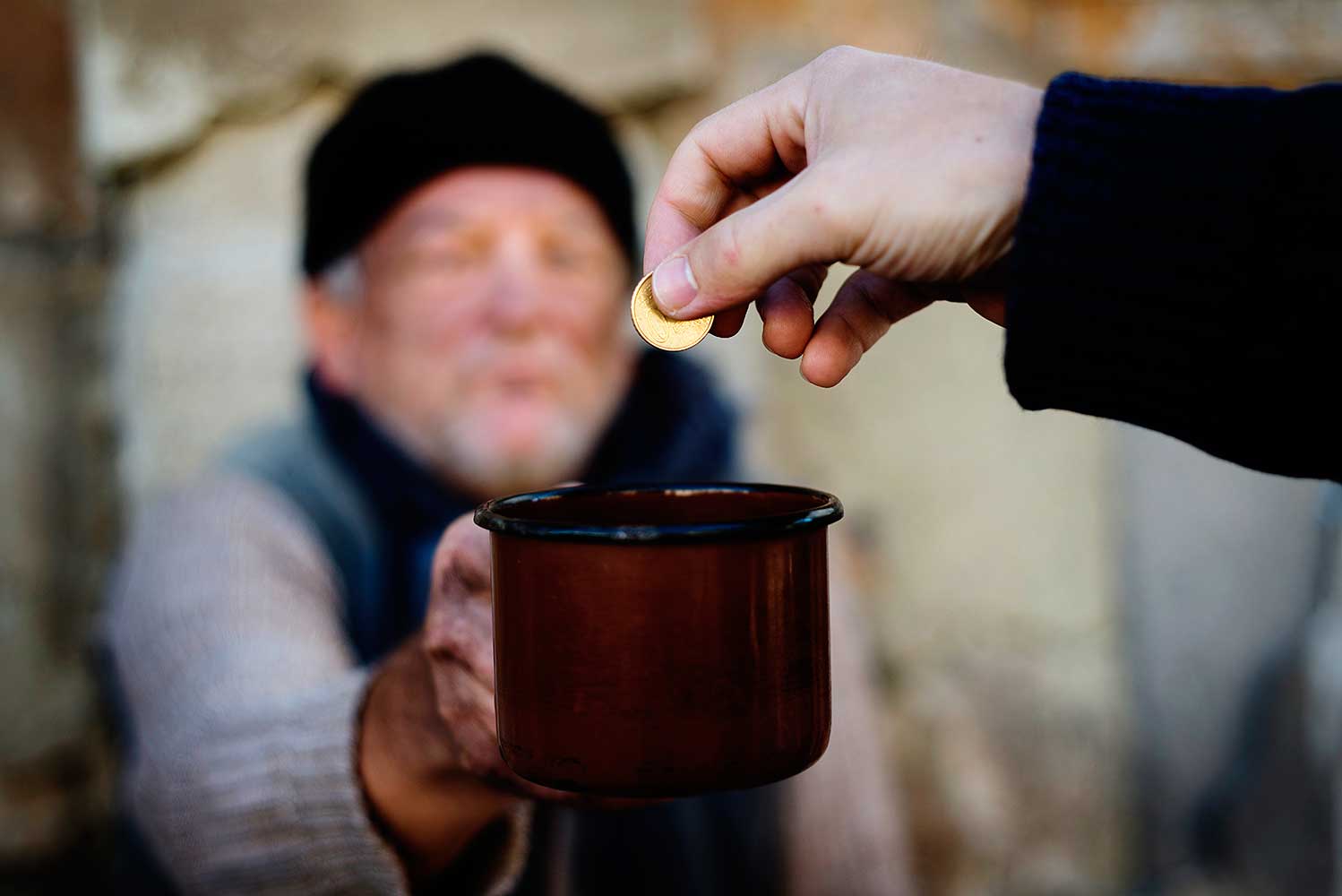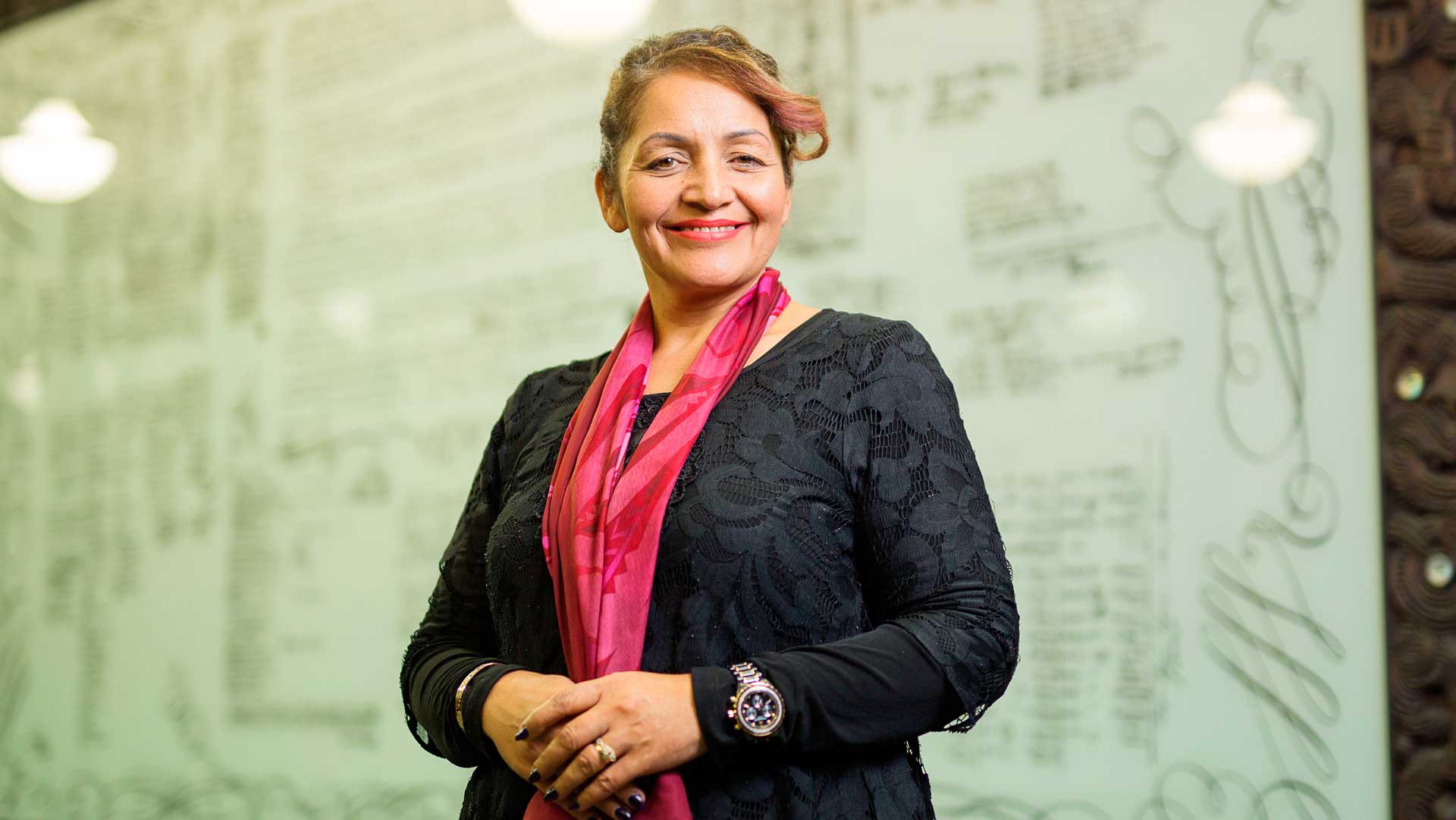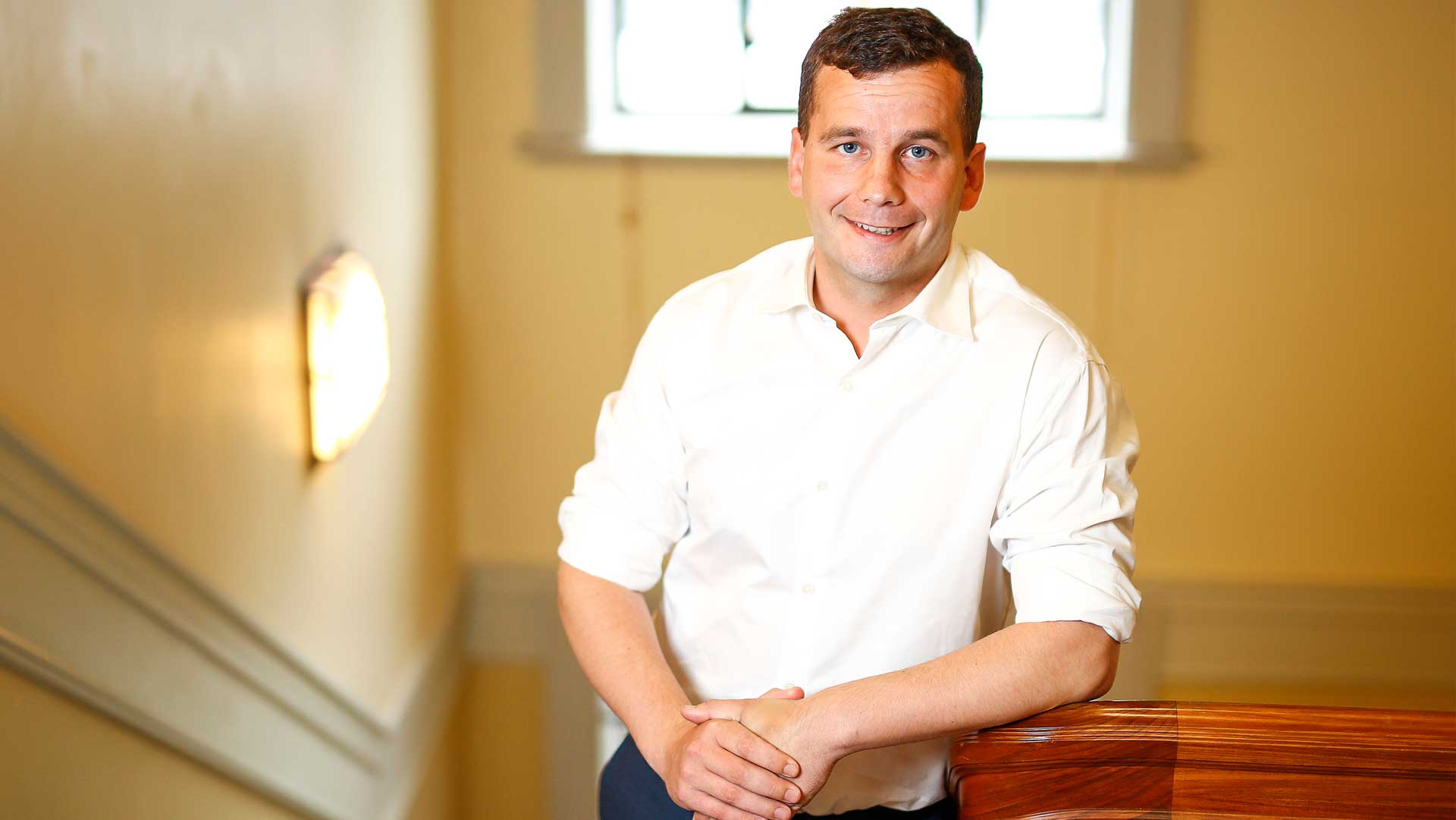**What do you think is the biggest problem facing New Zealand and if you’re in government, what would you do about it?
Chris (65) Rotorua**
Poverty – it affects everything. No parent wants to have to do things like choose between paying the rent or putting food on the table for your kids, but that’s what is happening. It’s about people not having enough money in their pockets. We also need to raise the minimum wage, to have a living wage that is indexed to the median wage so it rises with cost-of-living rises. We need more jobs and we need employers to pay real wages.
**What is the biggest issue affecting Maori and how do you propose to fix it?
Mere, Auckland**
Poverty, again – that is poverty of the mind and poverty of the spirit as well as poverty in terms of money. We’ve got a number of different policies in place and we’ve worked with the government to address those issues through the ministerial committee on poverty – things like the free doctor’s visits for under-13s and the minimum standards for rental accommodation, so making sure houses are warm and safe for our people to live in. When you’re dealing with poverty, I’d make sure te reo Maori is a core subject at school. By doing that, we raise a generation of young people who understand our shared history, tikanga Maori and the Treaty of Waitangi. I have four sons who now have at least three languages because they’ve been fluent te reo speakers as well as fluent English speakers.
**Why should we persuade our parents to vote for you?
Matthew (11) Auckland**
That’s simple. The Maori Party is the party of the future. The archaic stale, pale and male rhetoric, the tired old polices that get lumbered out during election time by the likes of Winston Peters and others like ACT show they are parties of the past. I see Maori language, customary programmes and
so forth as adding value to this nation. Rather than putting us all together in one big melting pot, I believe acknowledging each other’s difference is unifying.

**How do you take your cup of tea?
Jenny (73) Tauranga**
With a little bit of sugar.
**Why did you get into politics in the first place and if you were not a politician now, what would you be?
Shirley (60) Orewa**
Because I’m Maori and, for Maori, everything is political. Our entire existence has been about trying to challenge a system that promised so much but didn’t deliver. We’ve had to combat racism and systems that have failed us. One of Sir James Henare’s quotes was “it is preposterous that Maori should aspire to be poor Pakeha.” We want to be successful as Maori in our own right and believe that through political influence, we have the opportunity to do that. If I wasn’t a politician, I’d be an artist of some sort, of some bohemian nature – that would be in an ideal world, but I was also a teacher.
**What are the challenges of being a politician?
Cole (13) Auckland**
Never seeing your family, full stop. Everything else I can deal with – the debating chamber, the attacks, the celebrations and the privileges that come from meeting amazing people all over the country – but if my family isn’t right, then everything falls apart.

**My children are desperately trying to buy a house, but have found themselves firmly priced out of the market. A ridiculous deposit is expected for their first home, which they cannot afford. Do you believe this is a problem and, if so, how would you fix it?
Anonymous (56) Auckland**
I had a house when I was 18 because I capitalised on my Family Benefit. We also need
to take the sting out of the market – and we can do that by ensuring no foreign ownership of land or houses. If you want
to live here and buy a house, that’s fine, but you can’t live overseas and own swathes of our countryside or houses
you are not living in. Plus, I’d encourage young people to move into the regions where house prices are much cheaper.
**What makes you proud to be a New Zealander?
John (41) Dunedin**
Everything. I love that we punch above our weight and that we can be the world champions in canoeing, rugby (men and women), softball, league and equestrian. And we lead the world in farming practices. Our country is friendly, it’s becoming super-diverse and it has a history of respecting the indigenous culture – many other countries around the world don’t have the privilege of sharing a home together and respecting each other’s rights.
**To hear from the other party leaders, click their name below:


